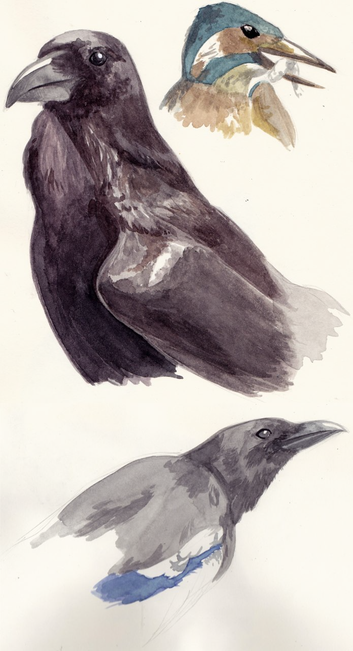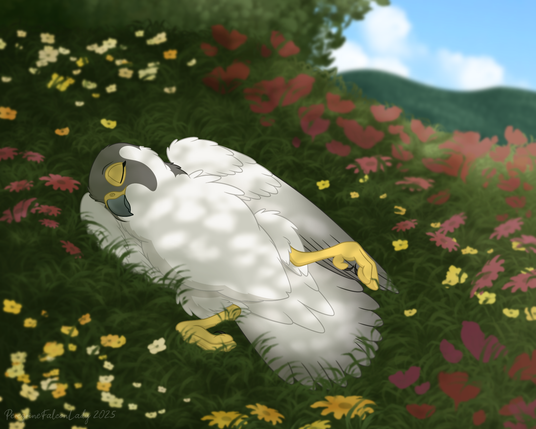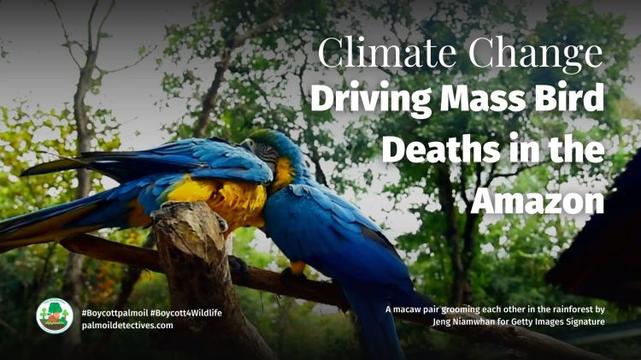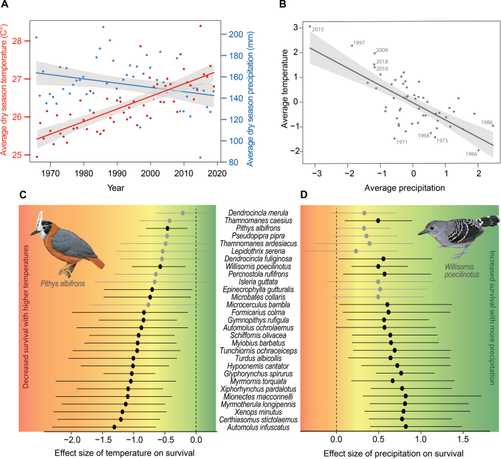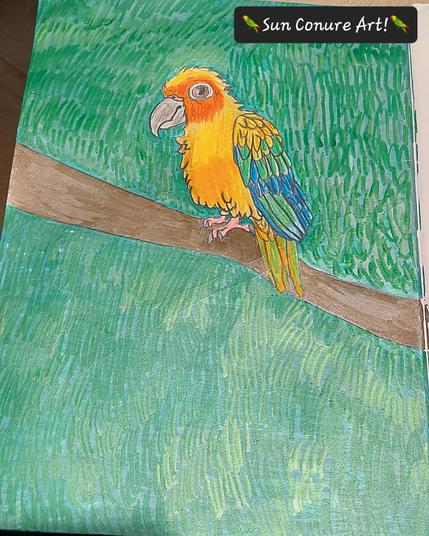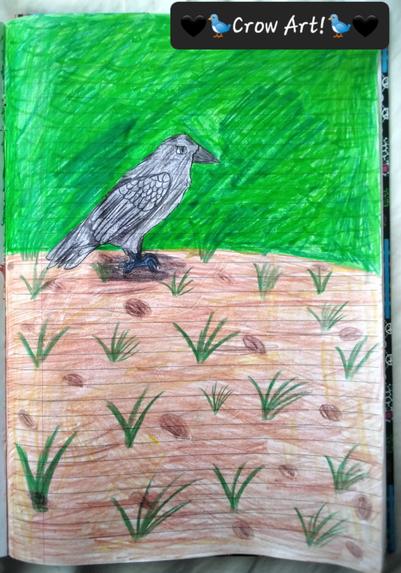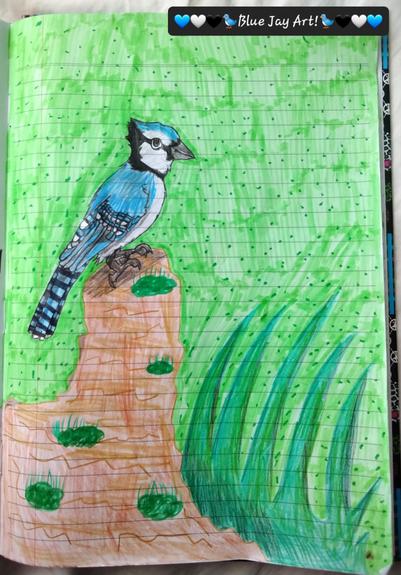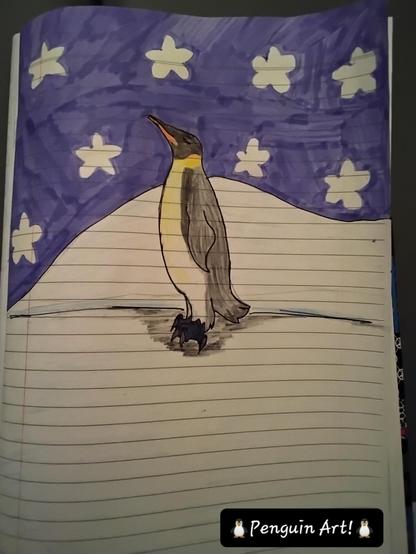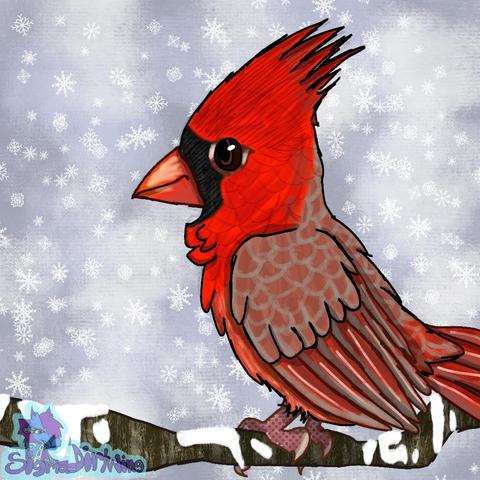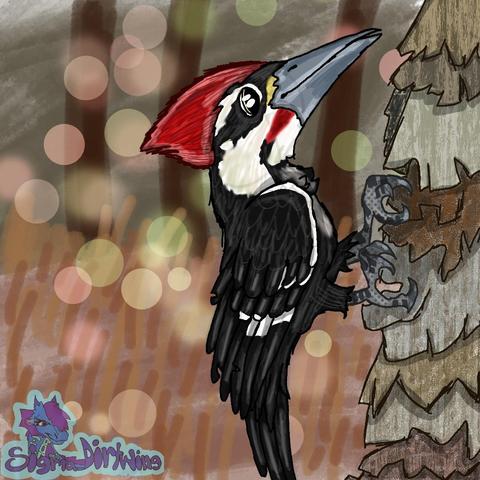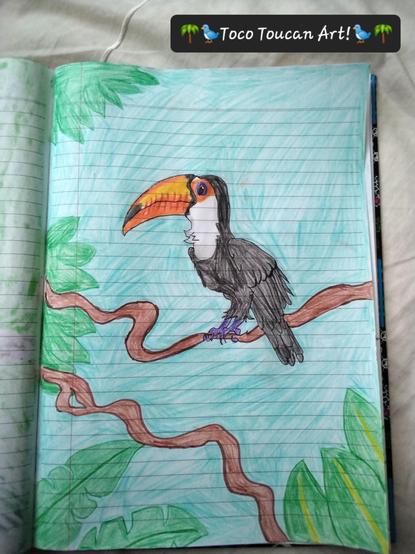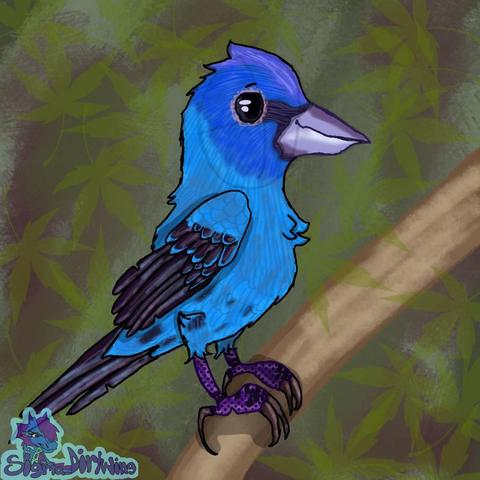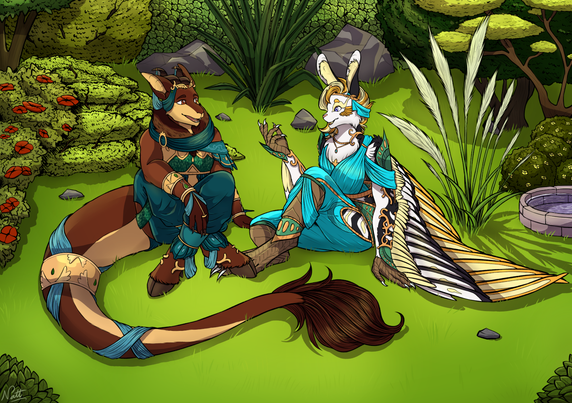Climate Change Driving Mass Bird Deaths in the Amazon
A recent #study has revealed that even in the most isolated parts of the #Amazon, bird #populations are collapsing due to #climatechange. Research published in Science Advances found that a 1°C increase in temperature led to a 63% drop in bird survivability, proving that climate change is pushing avian species towards #extinction. Avoiding deforestation-linked products like #palmoil and #meat is crucial in the fight for their survival. As is calling out corporate greenwashing, be #Vegan and #BoycottPalmOil #Boycott4Wildlife
#News: #Study reveals tropical #birds 🦜🪶are dying at alarming rates in the #Amazon 🇧🇷🇪🇨🇨🇴 due to human-induced #ClimateChange, heat stress 🥵 and habitat shifts. Demand corporate accountability #ClimateActionNow, be #vegan and 🌴🪔⛔️ #BoycottPalmOil https://wp.me/pcFhgU-a5w
Share to BlueSky Share to Twitter https://youtu.be/_vw04yaTOJM
Rare Bird Populations Suffer from Heat Stress Leading to Gradual Decline
A team of environmental scientists from the Instituto Nacional de Pesquisas da Amazônia, Michigan Technological University, and the University of Oregon examined decades of bird population data from Brazil’s Biological Dynamics of Forest Fragments Project. They found that bird numbers have steadily declined, with some species even disappearing entirely.
For years, researchers were unsure why birds were vanishing from pristine environments untouched by human development. This study provides clear evidence that climate change is making forests uninhabitable, even for species that have survived in stable, humid ecosystems for millennia.
Heat stress and climate instability
The study found that rising temperatures are disrupting forest ecosystems, creating longer dry seasons, shifting plant and animal populations, and removing essential food sources.
Bird species rely on stable seasonal cycles to build nests, lay eggs, and forage for food for their young. However, as global temperatures rise, their food sources peak too early or disappear entirely. Many chicks are now hatching into a world where food no longer exists, leading to mass starvation and long-term population collapse.
Climate change aggravates bird mortality in pristine tropical forests,
Science Advances, Jared D. Wolfe et al. (2025).
DOI:10.1126/sciadv.adq8086Global implications
While this study focused on the Amazon, its findings have global implications. Bird populations in rainforests worldwide are experiencing similar declines due to climate instability, habitat destruction, and resource depletion.
Read more: Climate change aggravates bird mortality in pristine tropical forests, Science Advances, Jared D. Wolfe et al. (2025). DOI:10.1126/sciadv.adq8086
Wolfe, J. D., et al. (2025). Climate change aggravates bird mortality in pristine tropical forests. Science Advances, 11, eadq8086. https://doi.org/10.1126/sciadv.adq8086
ENDS
Learn about other animals endangered by palm oil and other agriculture
Global South America S.E. Asia India Africa West Papua & PNG Southern Pudu Pudu puda
Keep reading
Blue-streaked Lory Eos reticulata
Keep reading
Blonde Capuchin Sapajus flavius
Keep reading
Savage’s Glass Frog Centrolene savagei
Keep reading
Pesquets Parrot Psittrichas fulgidus
Keep reading
Tanimbar Eclectus Parrot Eclectus riedeli
Keep reading
Learn about “sustainable” palm oil greenwashing
Read more about RSPO greenwashing
Lying Fake labels Indigenous Land-grabbing Human rights abuses Deforestation Human health hazards A 2019 World Health Organisation (WHO) report into the palm oil industry and RSPO finds extensive greenwashing of palm oil deforestation and the murder of endangered animals (i.e. biodiversity loss)
Read more Take Action in Five Ways
1. Join the #Boycott4Wildlife on social media and subscribe to stay in the loop: Share posts from this website to your own network on Twitter, Mastadon, Instagram, Facebook and Youtube using the hashtags #Boycottpalmoil #Boycott4Wildlife.
Enter your email address
Sign Up
Join 1,399 other subscribers
2. Contribute stories: Academics, conservationists, scientists, indigenous rights advocates and animal rights advocates working to expose the corruption of the palm oil industry or to save animals can contribute stories to the website.
Wildlife Artist Juanchi Pérez
Read more
Mel Lumby: Dedicated Devotee to Borneo’s Living Beings
Read more
Anthropologist and Author Dr Sophie Chao
Read more
Health Physician Dr Evan Allen
Read more
The World’s Most Loved Cup: A Social, Ethical & Environmental History of Coffee by Aviary Doert
Read more
How do we stop the world’s ecosystems from going into a death spiral? A #SteadyState Economy
Read more
3. Supermarket sleuthing: Next time you’re in the supermarket, take photos of products containing palm oil. Share these to social media along with the hashtags to call out the greenwashing and ecocide of the brands who use palm oil. You can also take photos of palm oil free products and congratulate brands when they go palm oil free.
https://twitter.com/CuriousApe4/status/1526136783557529600?s=20
https://twitter.com/PhillDixon1/status/1749010345555788144?s=20
https://twitter.com/mugabe139/status/1678027567977078784?s=20
4. Take to the streets: Get in touch with Palm Oil Detectives to find out more.
5. Donate: Make a one-off or monthly donation to Palm Oil Detectives as a way of saying thank you and to help pay for ongoing running costs of the website and social media campaigns. Donate here
Pledge your support #Amazon #animalBehaviour #AnimalBiodiversityNews #animalCommunication #animalCruelty #animalExtinction #animalIntelligence #animalRights #Avian #biodiversity #birds #Boycott4wildlife #BoycottPalmOil #ClimateActionNow #climatechange #deforestation #extinction #meat #News #PalmOil #palmOilDeforestation #palmoil #populations #songbird #songbirds #study #vegan

